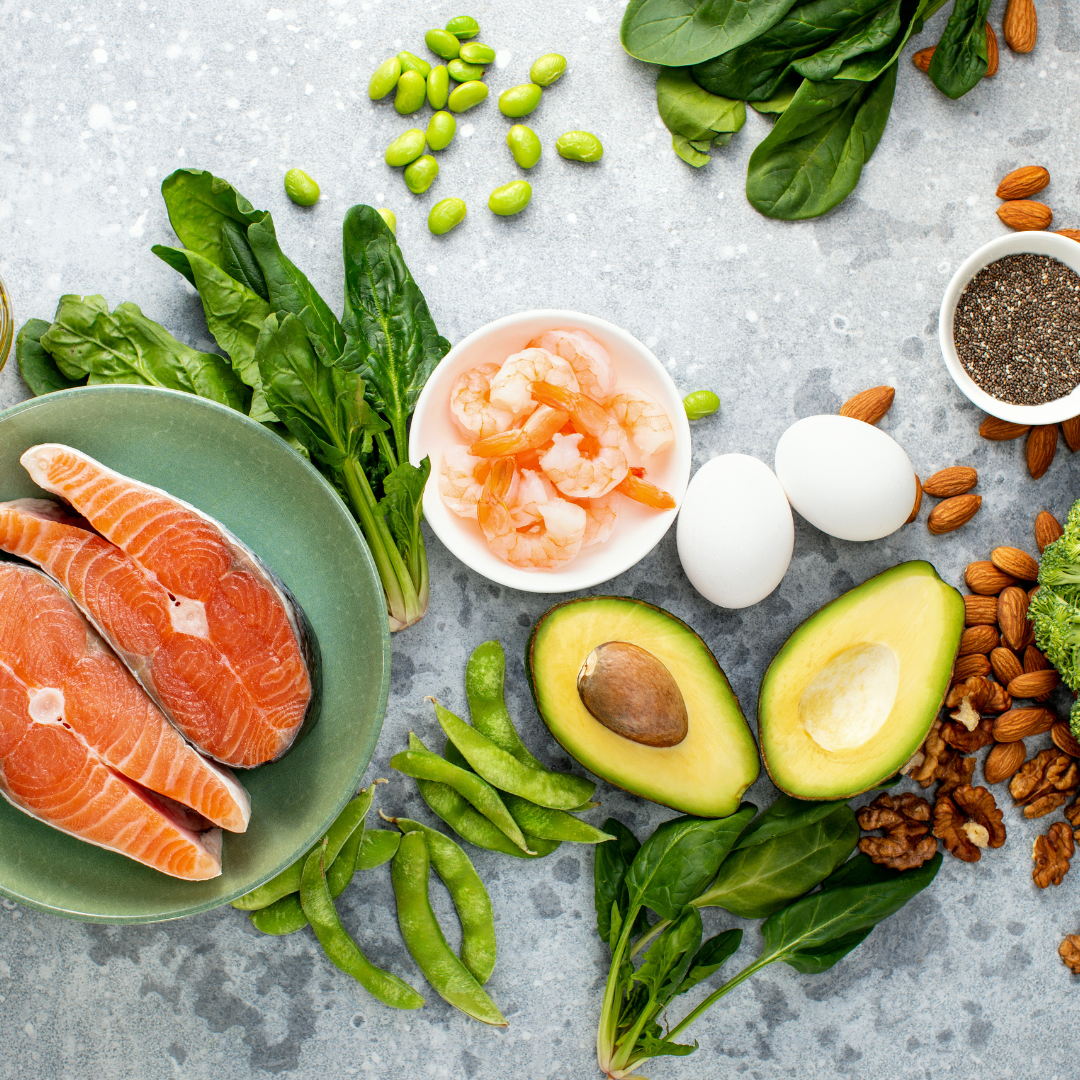Fats have long been demonized as the enemy of good health and weight loss. But not all fats are created equal. In fact, some fats are essential for a healthy body, while others should be consumed in moderation or avoided altogether.
Here’s a breakdown of the good fats and bad fats you should know:
| Good Fats | Sources | Bad Fats | Sources |
|---|---|---|---|
| Monounsaturated Fats | Olive oil, avocados, nuts, seeds, and nut butter | Trans Fats | Processed foods, margarine, and fast food |
| Polyunsaturated Fats | Fatty fish, flaxseed, chia seeds, and walnuts | Saturated Fats | High-fat dairy products, fatty meats, and fried foods |
| Omega-3 Fatty Acids | Fatty fish, flaxseed, and chia seeds | Artificial Trans Fats | Baked goods, snack foods, and frozen meals |
Monounsaturated Fats: These healthy fats can help reduce bad cholesterol levels in the blood and improve heart health. Incorporate them into your diet by using olive oil in cooking, snacking on nuts, and adding avocado to your salads.
Polyunsaturated Fats: These fats can help reduce inflammation in the body and improve brain function. Fatty fish like salmon, mackerel, and trout are excellent sources of omega-3 fatty acids, while flaxseed and chia seeds are great plant-based options.
Omega-3 Fatty Acids: These fatty acids are crucial for brain health, heart health, and reducing inflammation in the body. Incorporate fatty fish like salmon, mackerel, and trout into your diet, or consider adding flaxseed or chia seeds to your smoothies or salads.
Trans Fats: These fats should be avoided as much as possible, as they can increase bad cholesterol levels and raise the risk of heart disease. Processed foods, margarine, and fast food are common sources of trans fats.
Saturated Fats: While these fats aren’t necessarily bad in moderation, they should be consumed in moderation, as they can raise bad cholesterol levels in the blood. High-fat dairy products like cheese and butter, fatty meats like beef and pork, and fried foods are common sources of saturated fats.
Artificial Trans Fats: These fats should be avoided entirely, as they can raise bad cholesterol levels and increase the risk of heart disease. Baked goods, snack foods, and frozen meals are common sources of artificial trans fats.
Incorporating healthy fats into your diet is crucial for maintaining good health, improving brain function, and reducing inflammation in the body. Be sure to limit or avoid unhealthy fats as much as possible, and instead focus on incorporating monounsaturated, polyunsaturated, and omega-3 fats into your meals.
Remember to always consult with a healthcare professional before making any major changes to your diet, especially if you have a pre-existing medical condition.
